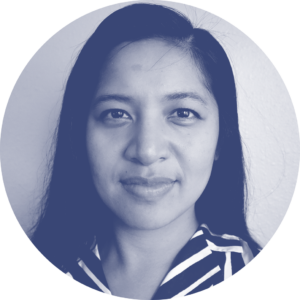Where do you call home?
I was born and raised in Los Angeles, California in a Mexican-Japanese-American household.
What’s your specialty or area of expertise?
I’m a family medicine provider. I’m striving to be a generalist across the age, gender, life circumstance, and sexuality spectrum.
What first inspired you to become a doctor?
I remember first being inspired to become a physician after reading “Diarios de Motocicleta” in middle school. However, I didn’t really believe that I could become a doctor until over a decade later when I finished college. What solidified my career choice was a string of not-so-great physician interactions that motivated me to be the difference I wanted to see.
What advice do you have for medical students and residents wanting to incorporate advocacy into their day-to-day?
It can be very challenging to incorporate advocacy in your day-to-day as a medical student, and this is especially true as a resident–so don’t be too hard on yourself! I’m sure you’ve heard the phrase, “self love is a radical act.” I’d say that and add that loving your patients can be a radical act, too. We are in a workplace that dehumanizes patients and providers, and is historically built on white supremacy. Now if you’re an overachiever and you’re a family medicine provider, an easy way to get involved is your local Academy of Family Physicians chapter.
 What current policy issue especially motivates you to be an advocate?
What current policy issue especially motivates you to be an advocate?
Oh, good grief. There are too many. Eliminating ICE detention centers, the prison industrial complex, the medical industrial complex, discrimination against LGBTQIA+ folks, and last but not least, fighting for reproductive justice and bodily autonomy.
How have the events of the past year shaped how you view being a physician advocate?
I think it has become increasingly obvious that physicians need to participate in the conversations occurring during this political climate. It can be a bit daunting because science is being politicized, and trust in physicians and scientists seems to be waning, but I think our participation can be meaningful if executed correctly. Not only that, our job allows us to see glimpses into different people’s lives. We see how different policies affect different communities. We are in a privileged position, and I believe it is important that we work with and advocate for the people we serve.
What is bringing you joy these days?
Being outside, and reading radical feminist works. 🙂